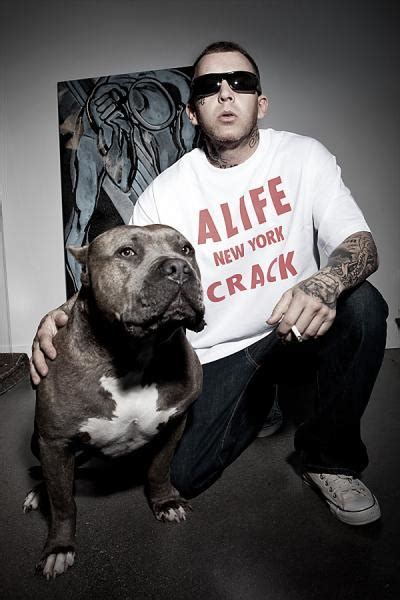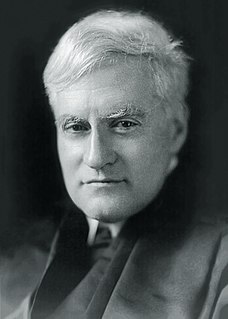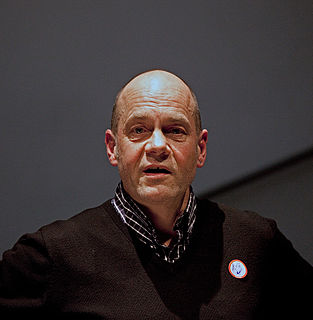A Quote by Gillian Anderson
I wouldn't say I'm normal. But I'm relatively stable. When I think of normal, I think of mediocrity, and mediocrity scares the f--- out of me.
Quote Topics
Related Quotes
For I think it is the case with genius that it is not when quiescent so very much above mediocrity as the difference between the two might lead us to think, but that it has the power and privilege of rising from that level to a height utterly far from mediocrity: in other words that its greatness is that it can be so great.
I call myself good crazy because I am a crazy normal. But who is normal really? Are you normal? Maybe you are, but I don't think a lot of us are normal. I think a lot of us are scared to say that we are a little crazy. I'm a little crazy that is just the way it is. I look in the mirror now and I like who is looking back at me. I am comfortable in my skin for the first time in my life. I have let a wall down.
What do you think it is to be normal?' Why in the world would you want to be?' she says. I don't know. I guess that's the problem.' I don't think normal is that great.' But so many people choose it,' I reply. I don't think that's it at all. I think most everyone is normal and some of us, for whatever reason, choose to reject that and wear ruby red slippers or old black hats.' Well, why do we choose the hard road?




































